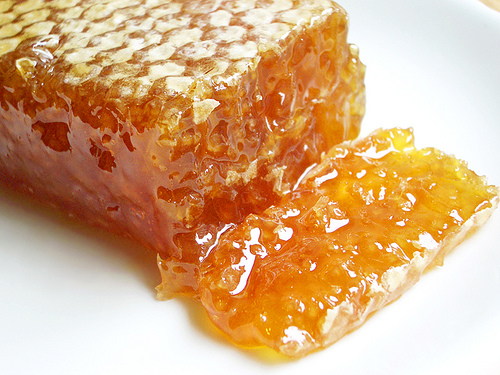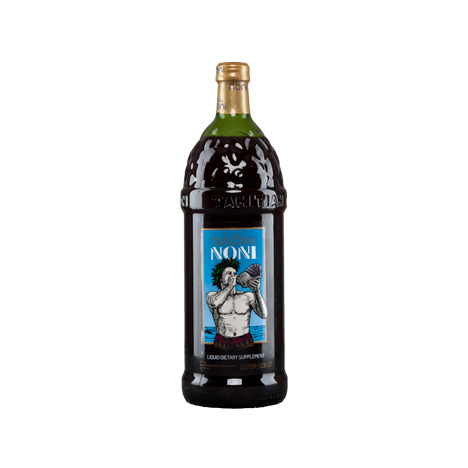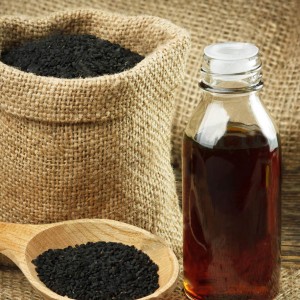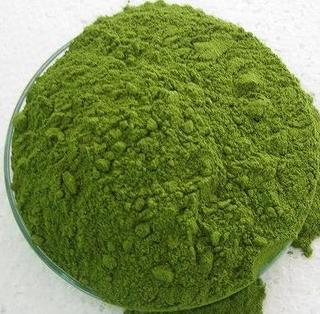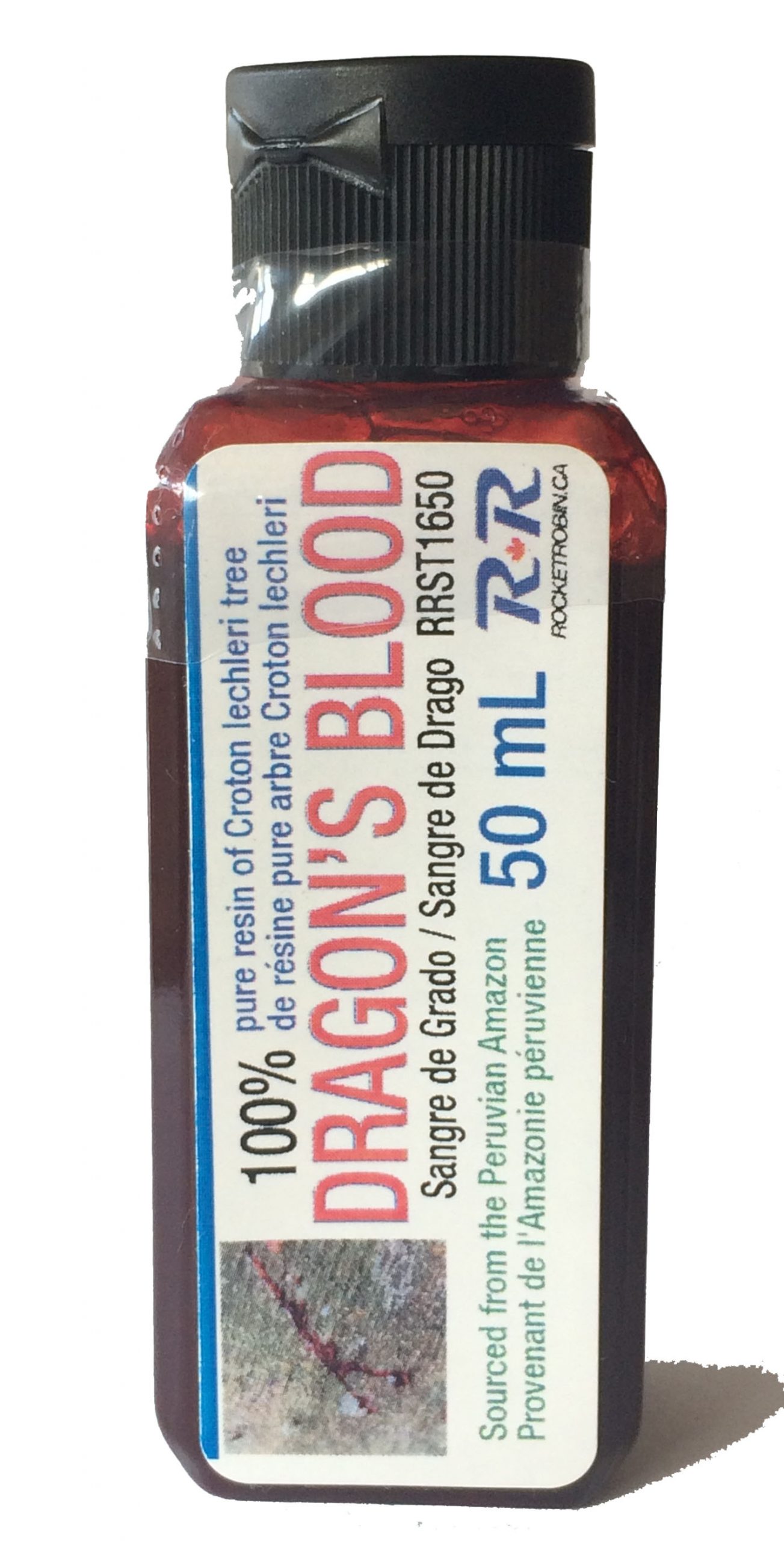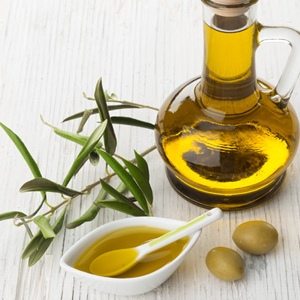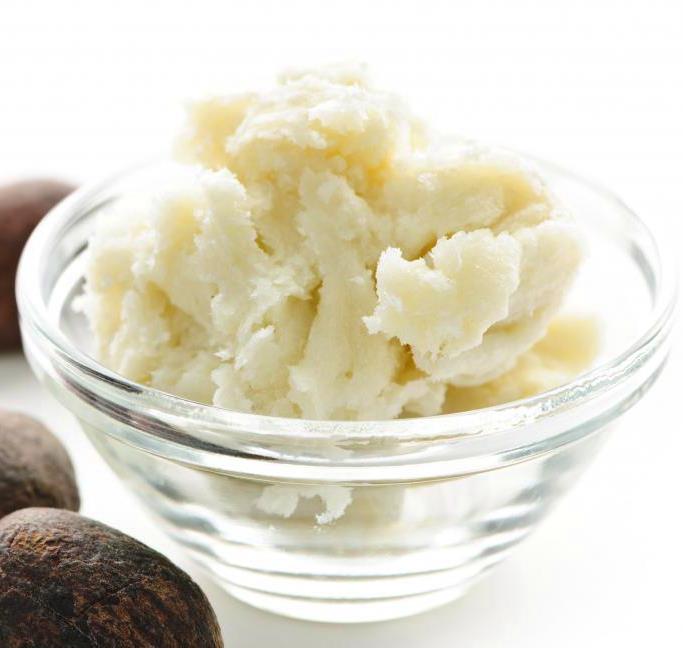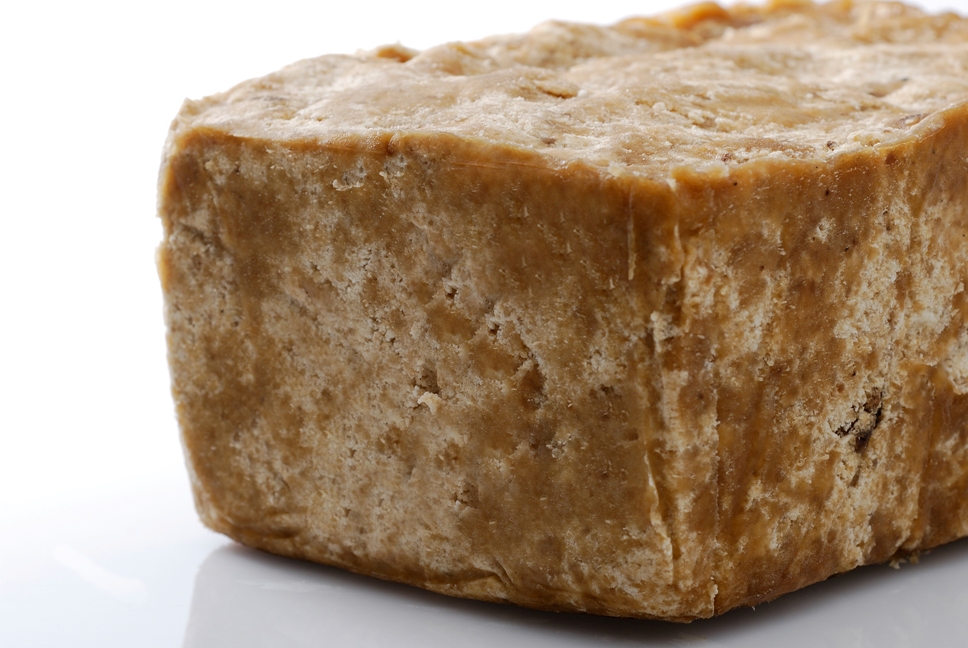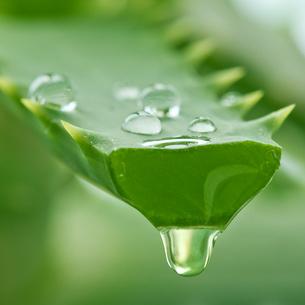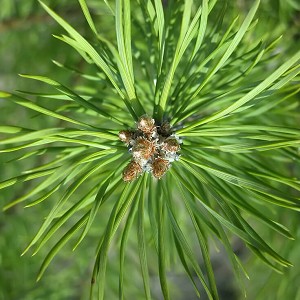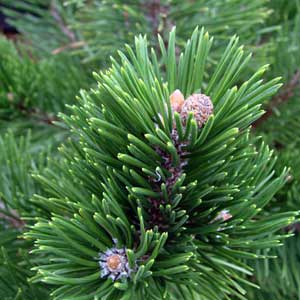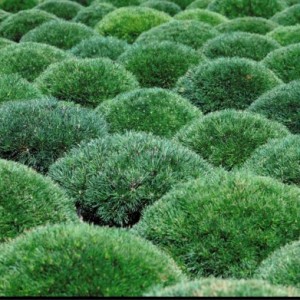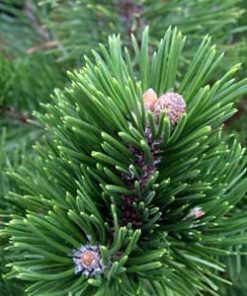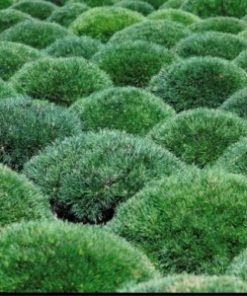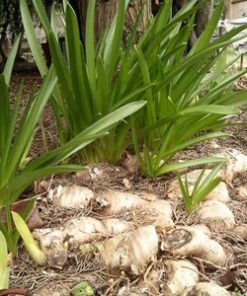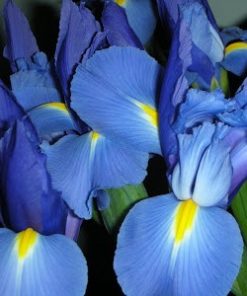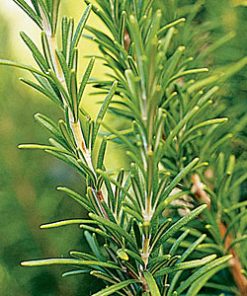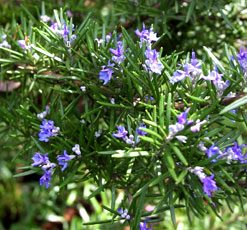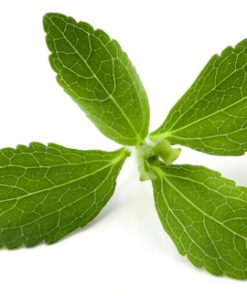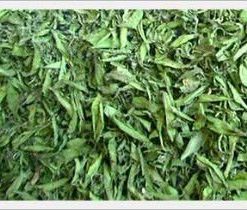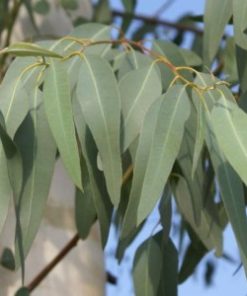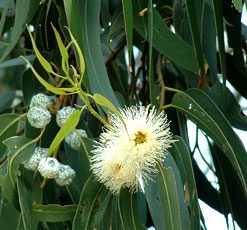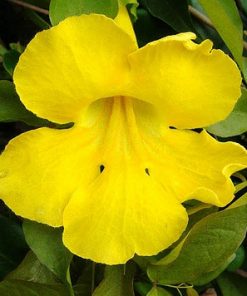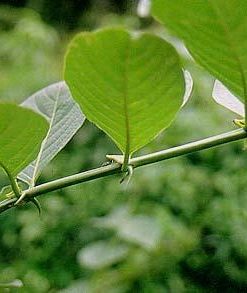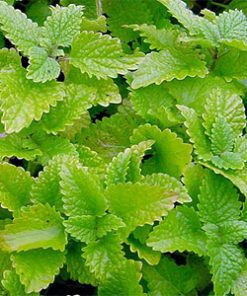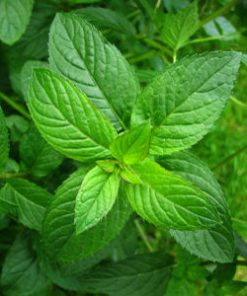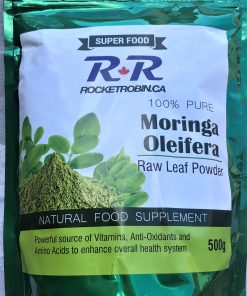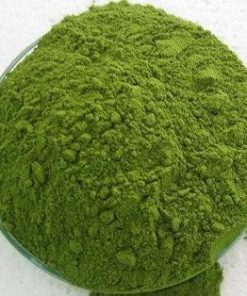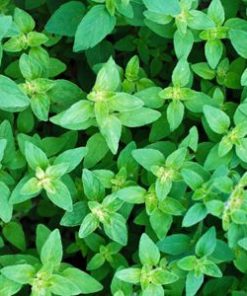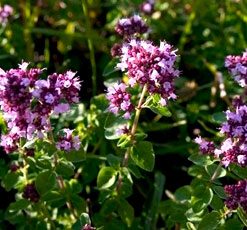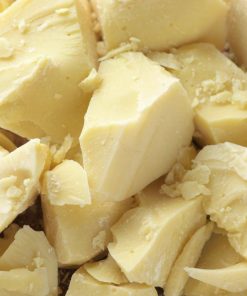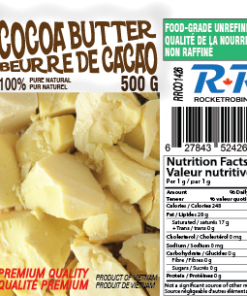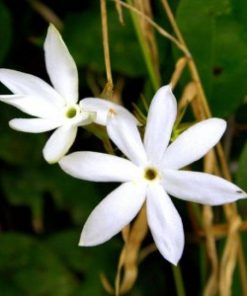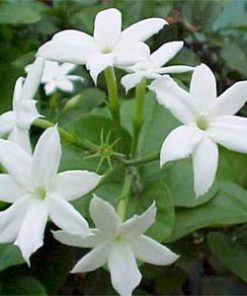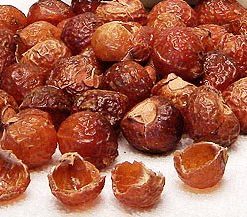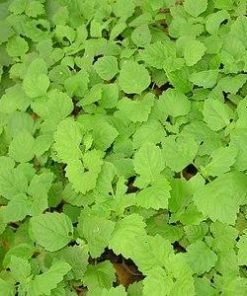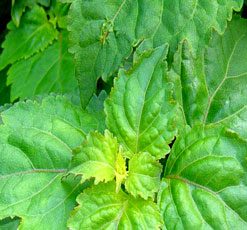$7.99
100% Pure Pinus Mugo oil (Dwarf Pine). Nothing added.
In stock
Description
Essential Oil Pinus Mugo (15 mL)
Essential Oil Pinus Mugo (100% Pure)
Aroma: Soft, pleasant, woody, green, sweet, resinous-coniferous bouquet with a delicate balsamic-nutty undertone
Traditional Use: Dwarf pine needle (Pinus mugo) – A tall and shrub-like tree harvested from the Swiss Alps. In Europe, this plant is used in healing skin and scalp diseases.
Properties: antiseptic, diuretic, rubefacient and vermifuge, antiasthmatic, balsamic, cardiotonic and expectorant
How to Use: Inhalation, Diffusion.
Blends well with: cedarwood, eucalyptus, lavender, niaouli, rosemary and sage, bergamot, clary sage, cypress, frankincense, grapefruit, juniper, lemon, marjoram, peppermint, ravensara, sandalwood, tea tree, thyme
Safety: Avoid while pregnant. Not intended for internal use. May be photo-sensitizing if consumed in large amounts, in rare cases.
HISTORY OF USE
Pinus mugo, known as mountain pine, dwarf mountain pine, scrub mountain pine, Swiss mountain pine, mugo pine or creeping pine, is a species of conifer, native to high elevation habitats from southwestern to Central Europe. Pinus mugo is native to the Pyrenees, Alps, Erzgebirge, Carpathians, northern Apennines, and higher Balkan Peninsula mountains.
Throughout its range, in European folk medicine, a turpentine distillate extracted from the needles and young wood has been taken internally to treat soar throats, bronchitis, & heart & renal disease, and applied externally for muscle pain & rheumatism.
Sap or needle extract of all species of pine throughout the northern hemisphere have analgesic and antimicrobial properties, and have been used as natural cough remedies virtually everywhere in the world where pines are found. Mugo turpentine is also used as a varnish & for other products.
In Bulgaria mugo pine is called Klek, “Prostrate,” & the resinous sap is used by mountain people to brew a pleasing nearly vanilla-scented tea. The sap can be extracted by “tapping” a living tree, but is rarely obtained in sufficient quantities to have a commercial value beyond folk use.
The resin does have commercial uses as a by-product of distilling the needles and young wood to separate the turpentine. The remaining resinous matter is called rosen, traditionally used for violin bows and as a sealing wax.
Wood of the mugo is very hard by right of its slow growth, and was once commonly used to make wooden clogs.
HEALTH BENEFITS
Although pure pinus mugo oil should only be used in vapour therapy, it can be most useful to help with bronchitis, catarrh, colds, flu and other respiratory ailments.
Precautions
Pinus mugo oil can be a dermal irritant and sensitizer and should therefore be used on the skin with some care in dilution, yet can be used in vapour therapy.
Below are some practical uses for dwarf pine oil – plus handy tips on how you can use it at home.
- Dwarf pine essential oil is used as a fragrance in soaps, creams, detergents, and many pharmaceutical preparations such as analgesic ointments, nasal decongestants, and cough and cold medicines.
- It also works as an insect repellant. To protect your wool sweaters from moths and other insects, pour 10 drops of dwarf pine oil onto small pieces of untreated wood. Place the pieces of wood in your closets or drawers.
- You can use dwarf pine oil as an air freshener. Eliminate the awful smell of cigarettes and stale air by adding four drops of dwarf pine oil to one cup of water. Pour the mixture in a spray bottle, shake it well, and spray it to instantly freshen up your room. Avoid spraying it on furniture.
- Try it as a massage oil before and after exercise. Create your own pre- and post-workout massage oil to prevent or soothe strained muscles. Add three drops of dwarf pine oil, juniper-berry oil, and rosemary oil in two ounces of jojoba oil.
- It can be used for the treatment of eczema, psoriasis, athlete’s foot, cuts, scabies, and sores.
- In aromatherapy, dwarf pine essential oil is used to refresh a tired mind and soothe mental stress.
- Dwarf pine essential oil is good for helping to fight fatigue and nervous exhaustion. It helps build strength, self-confidence, and stamina. The scent of pine brings about a sense of freedom and can be warming or cooling depending on the situation.
- Dwarf pine essential oil reduces inflammation of the gallbladder when used in compresses and poultices.
- It may also be used as an inhalant for infections of the respiratory tract. Dwarf pine essential oil is used in the treatment of everything from pneumonia to stuffy noses. It is a powerful antiseptic and can relieve chest congestion.
- Dwarf pine essential oil is good for the kidneys, adrenal glands, prostate, and reproductive organs.
- It is often used in the treatment of hepatitis.
- Women suffering from menopausal hot flashes and night sweats can benefit from the use of dwarf pine oil since it can reduce profuse sweating.
- Dwarf pine essential oil can relieve rheumatism, neuralgia, anxiety, digestive problems, allergies, sciatica, gout, muscle pain, and arthritis.
- Dwarf pine oil also stimulates circulation.
- Dwarf pine essential oil is a good addition to muscle rubs and massage oils, but may cause irritation if used on sensitive skin. Always test any new lotion or massage blend on a small area of skin before using on large areas of the body.
- Dwarf pine oil can restore health after a prolonged illness.
- Manufacturers use the scent of dwarf pine essential oil for cleaning products, deodorants, and soaps. Dwarf pine essential oil blends well with bergamot, cedarwood, clary sage, cypress, eucalyptus, frankincense, grapefruit, juniper, lavender, lemon, marjoram, peppermint, rosemary, sandalwood, tea tree, and thyme essential oils.
Caution: NEVER USE INTERNALLY without consulting professional medical help
- Not recommended for pregnant women and infants.
Individuals with serious and chronic health issues should consult an expert prior to using oils.
TRUST ROCKET ROBIN
Rocket Robin is proud to be your supplier of truly natural products with simple ingredients in support of your family’s health and well-being.
Additional information
| Weight | 0.1 kg |
|---|---|
| Dimensions | 10 × 10 × 1 cm |

